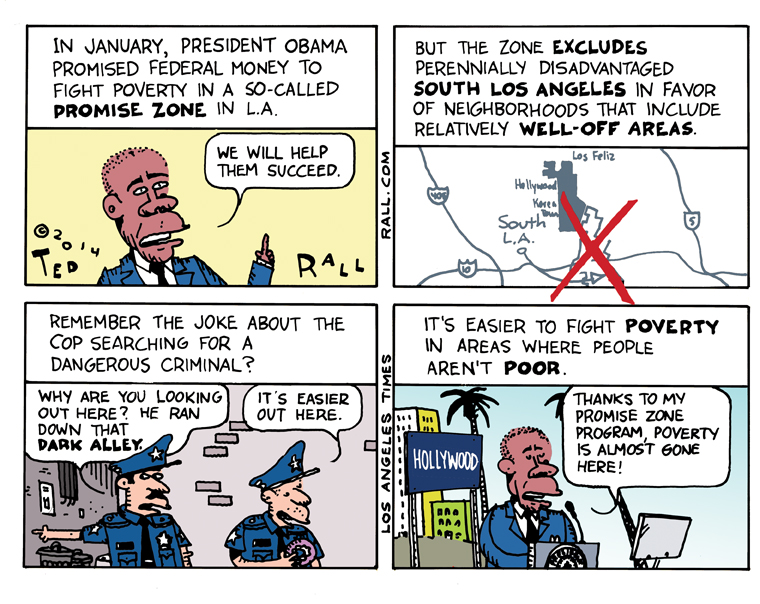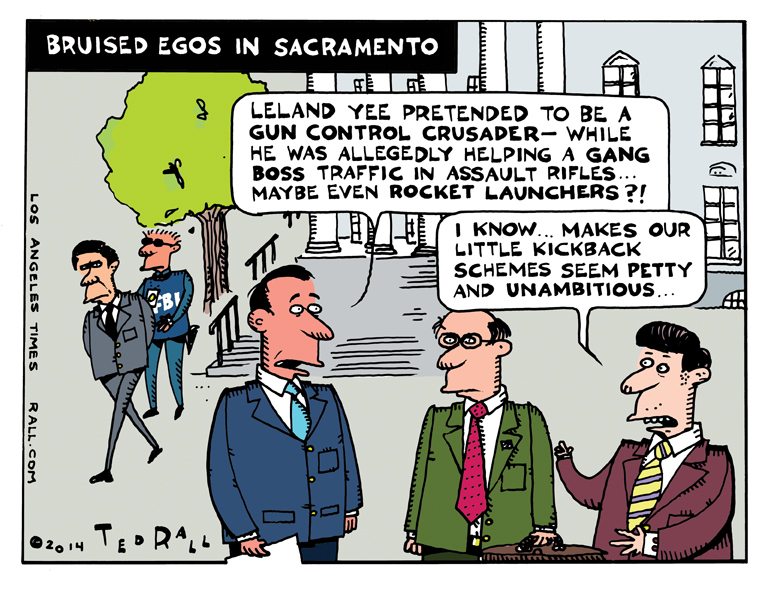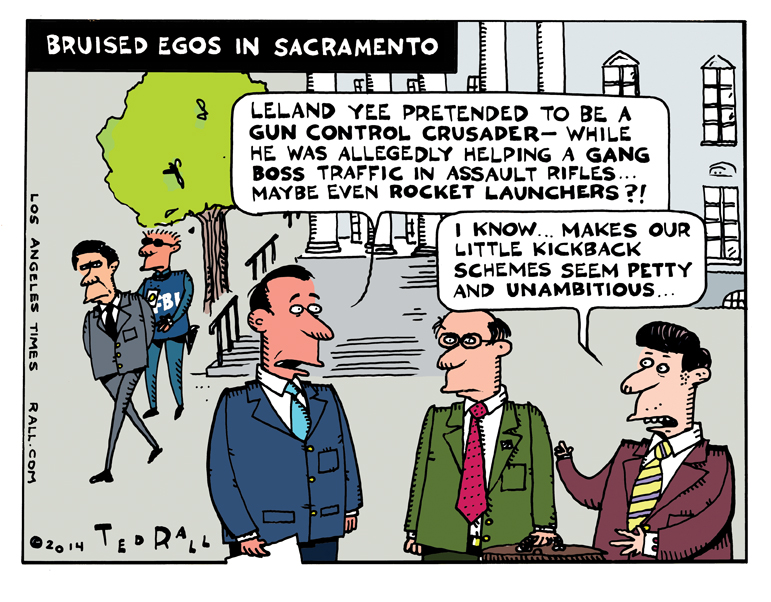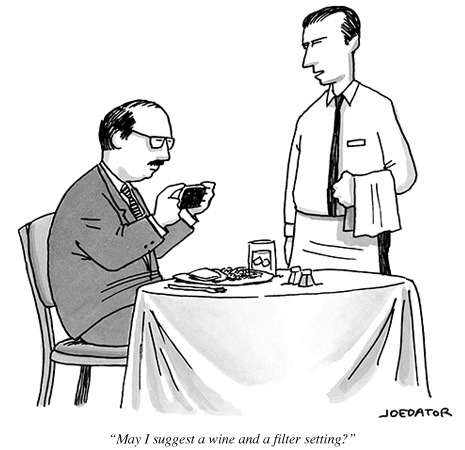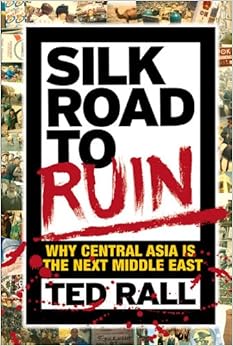TALE is an awesome The Moth-like storytelling live show in New York City. If you know me personally, and you’ve seen me with beer inside me, you know I like telling stories. So anyway, TALE has launched storytelling podcasts! I’m in the first one, along with comedian Lynn Bixenspan and cohosts Harmon Leon and Alex Schmidt.
It’s about my personal experience as the target of post-9/11 government surveillance.

